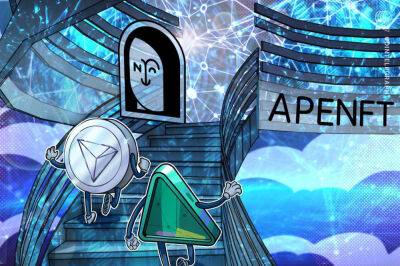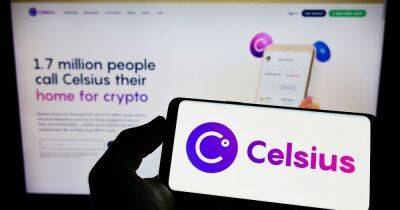Blockchain redefines the framework for IP with architecture fit for Web3
Looking at our world today, there is no shortage of ideas, with new ideas coming up every day, nay, every hour. But, ideas are much more powerful than they seem on the surface. Consider that with some funding and the help of a strategic team, an idea can become something real –– a new technology or a solution to a major world problem. With so much value on the line, it is no secret that it becomes a human tendency to want recognition for ideas.
Unfortunately, it is not often the original idea creator that gets the credit and history has given many examples of that. For instance, although Alexander Graham Bell did bring the telephone to life, it was Antonio Meucci who created the first voice-communication device in 1871. The difference between the two is Antonio, unlike Alexander, didn't pay the entirety of the amount needed to register the patent for his idea.
Perhaps, the worst part of it is that the invention of the telephone was not an isolated event. In a more recent example, Meta (former Facebook), a platform that has arisen as the largest social network on the planet today, became part of a major lawsuit when the Winklevoss twins filed a lawsuit against Mark Zuckerberg for a stolen idea. Allegedly, the twins partnered with Mark Zuckerberg to help bring their vision to life, an event that later inspired him to develop his own social networking site secretly.
These examples throughout history have demonstrated that one's ideas (or intellectual property) are not safe on their own. Rather, a single point of record becomes crucial to validating ownership in a world of robbed successes and misguided credit.
The concept of decentralized technologies such as nonfungible tokens (NFTs) addresses these concerns head-on. Each
Read more on cointelegraph.com


















